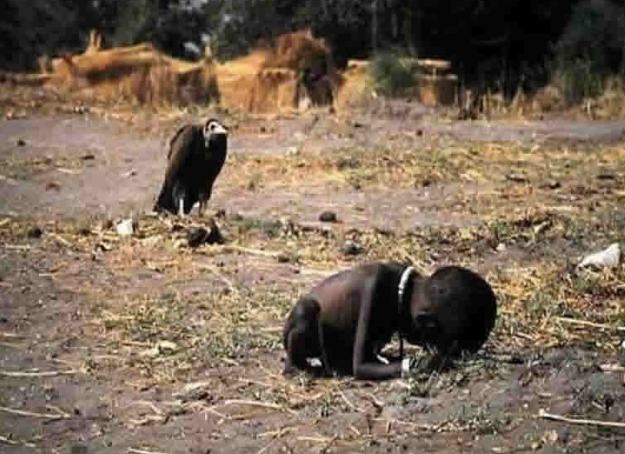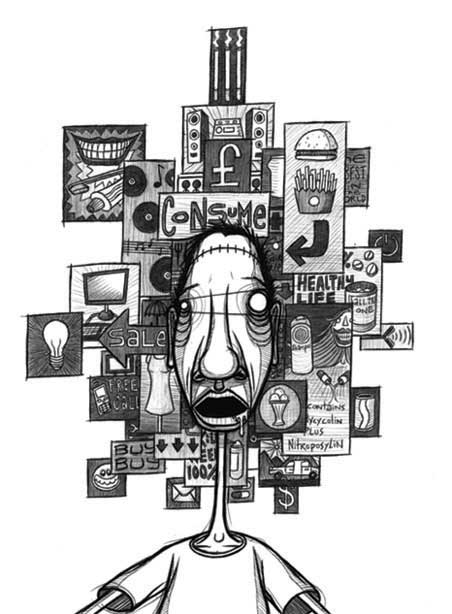
They shall not labor in vain, or bear children for calamity..." Isaiah 65:23
My eldest son's Geography teacher showed them a video about the famine in Africa a couple of days ago. The video included the above picture of a starving child crawling the last kilometer to the refugee camp, followed by a vulture. Apparently rules of journalism prohibited the photographer from helping the child. He left the scene immediately after taking the photo and, later, unable to bear the hate mail and the depression that resulted from this incident, he committed suicide. We don't know what happened to the child.
I have been in a state of intermittent grief over the situation in the Horn of Africa since it began. Devin's story and this image have picked that scab and I find my heart crying out - "This cannot be! This cannot stand!!" And it should cry out, I should grieve. This calamity is not part of God's intention for creation. And, yet, I feel nearly powerless. I can send money. I must send money. But there must be more. The Horn of Africa needs a million mothers of privilege crying out in grief - for those children are our children. Our children are dying in Africa - while our children in the US are eating themselves to death. And meanwhile, the 1% pay 15% income tax on a million dollars a year. This cannot stand!
I do want to commend my son's teacher. The day after she showed this video, she showed a video about the childhood obesity epidemic in the US and invited them to make the connections. My son's teacher is a prophet. God bless her.
So, God is obviously calling me to do something - calling all of us to do something. In chapel on Wednesday, Dr. Tran invited us to name, silently or aloud (all of us chose 'silently'), what we are called to wage against. "Pillaging" was the word that came into my head. We have been pillaging the planet, pillaging other cultures, stealing and destroying the lives and futures of the world's children - of OUR children. This cannot stand! It must not! God help us all to do something about it.





